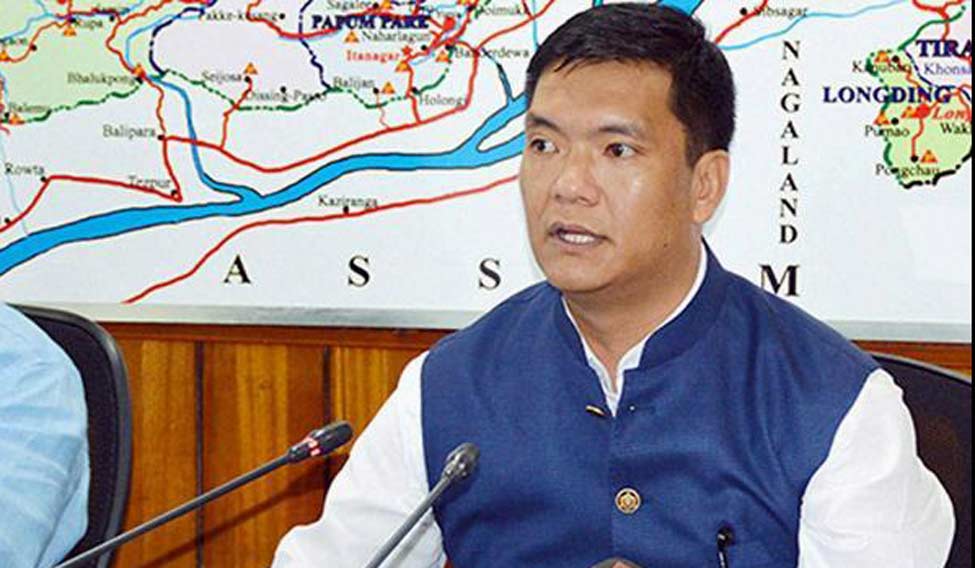The Department of Science and Technology is conducting a study to quantify the savings that could be possible if the northeast advances its clock by an hour.
Secretary, department of science and technology, Ashutosh Sharma, said the ongoing study had commenced a year before and will likely be completed soon.
"This is only a scientific study. We are focusing on how much we could conserve by maximising daylight hours."
The secretary said that the results of the study would be balanced with the inconvenience that could be caused by a dual time zone. "There could be confusion on issues like train timings," he pointed out.
The decision will be taken at a political level.
Earlier, there was a demand from the northeastern states for a separate time zone, one hour ahead of the Indian Standard Time (IST). Most recently, the issue was raised by Arunachal Pradesh Chief Minister Pema Khandu.
The ministry of science and technology had conducted a study, which was presented in 2004, which claimed there wasn't enough reason to have a dual time zone in India. There existed a distance of 2000 km between the western and eastern tips of India, a difference of two hours (local time).
Sharma said that while the decision on time-zoning could be arrived at only after considering various aspects, the easier solution would be for local governments to simply advance office hours by an hour. This would effectively maximise daylight hours.



